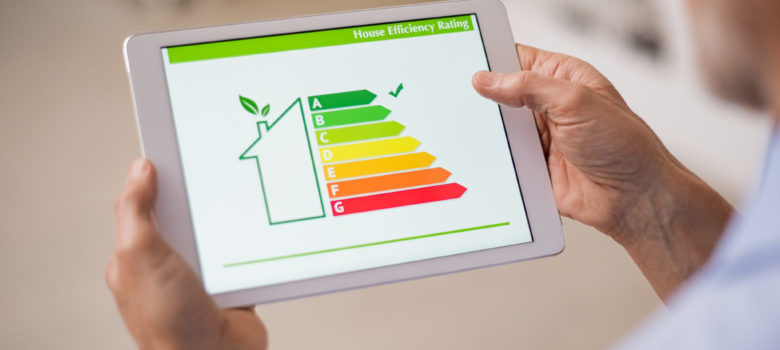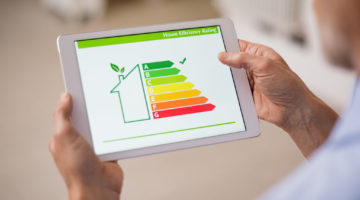
If you’re a property owner then you might have heard of MEES reports, and you’ve probably heard of EPCs. Although they’re important terms if you own any buildings in the UK, a lot of people aren’t quite sure what they mean, and when they’re needed.
We don’t think you need a MEES report, and we’d definitely encourage you not to get one. Here’s a brief description of what all these terms mean, and why you should not shell out for a MEES report.
Definitions:
- EPC/EPC Report: EPC stands for Energy Performance Certificate. It’s an official document required by law for any building in the UK to be bought, sold, or rented, and it reflects the energy efficiency of a building. A trained and registered EPC assessor collects information on heating systems, insulation, windows, etc. This information is calculated into a score, and you’re given a rating between an A (highest) and a G (lowest). An EPC is a fairly short document and it looks like this. You can find out more detailed information about them here.
- EPC Report: EPC report is just another way of referring to the EPC document.
- MEES: MEES stands for Minimum Energy Efficiency Standards. The MEES are a set of rules which say that if you are a landlord who is responsible for letting properties in England or Wales then you need to ensure that the Energy Performance Certificate (EPC) asset score of your rental property is at least an E. Unlike EPCs, MEES are not a physical certificate, but a rule.
- MEES Report: A MEES report is not a document that is required or recognised by any legal entities, however it is a service offered by some EPC and property management companies. An assessor can perform a site visit or do some data collection, and produce a document estimating your current EPC grade, along with suggestions of how to raise it above the required level.
MEES reports are alternatively MEES reports have many different names (eg, MEES Compliance Advisory Report, MEES Compliance and Exemption Reports, etc) but all amount to the same thing.
Should I get a MEES report?
No, you should not get a MEES report.
The reason for this is simple; a MEES report is an unnecessary expense, and an EPC assessment is a better alternative.
Since a MEES report is not a standardised document, the prices for them vary. Some MEES reports are being sold at over £250 for a simple family home. All these documents tell you is an unofficial estimation of the EPC rating (unless a full EPC certificate is included), and recommend improvements to bring up your EPC.
In contrast, prices for EPCs start at around £50 +VAT. This kind of assessment provides you with an accurate, official EPC rating, and is a document required for you to rent your property. If the building achieves and E or above then you’ve passed the MEES at are free to rent your property out.

If the EPC reveals that your property is not reaching the required efficiency, then take a look at the back of the certificate. There is a section that provides information on was suggested improvements you could make to raise your EPC to comply with MEES, along with approximate costs. While this information is fairly basic, any good EPC assessor should be happy to provide you with advice on how to improve your EPC rating, and help you figure out what kind of changes to make to bring your EPC up to MEES standards.
So, should you get a MEES report? Definitely not. But you should consider getting an EPC from a reliable assessor, even if you think the score will be too low to let.












No Comments yet! Be the first one.